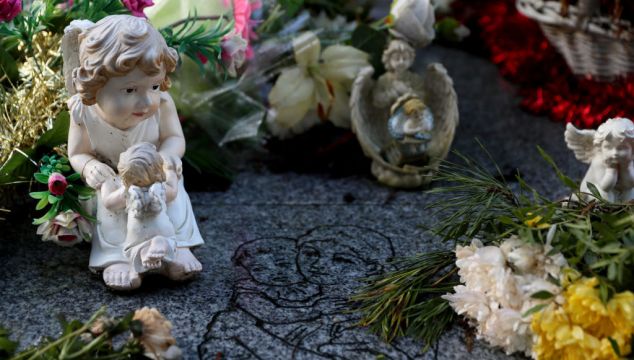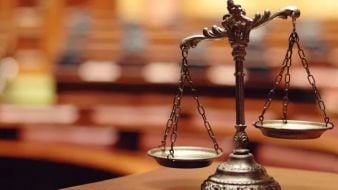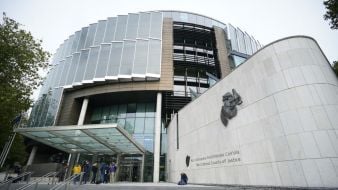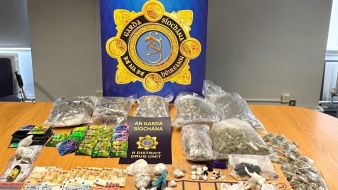Mother and Baby Home survivors have called for a referendum to be held that gives a constitutional assurance that parents and children separated at birth can properly access birth information from the State.
In an at-times emotional appearance before an Oireachtas committee on Tuesday, several groups came together to call for a rethink on several aspects of the Birth Information and Tracing Bill 2021.
That proposed legislation, backed by the Minister for Children Roderic O’Gorman, would in part see the creation in law of a right to access birth certificates and birth information for those who have still don’t have answers about their origins.
But before a committee of TDs and senators, various groups on Tuesday said the proposals contained a number of flaws.
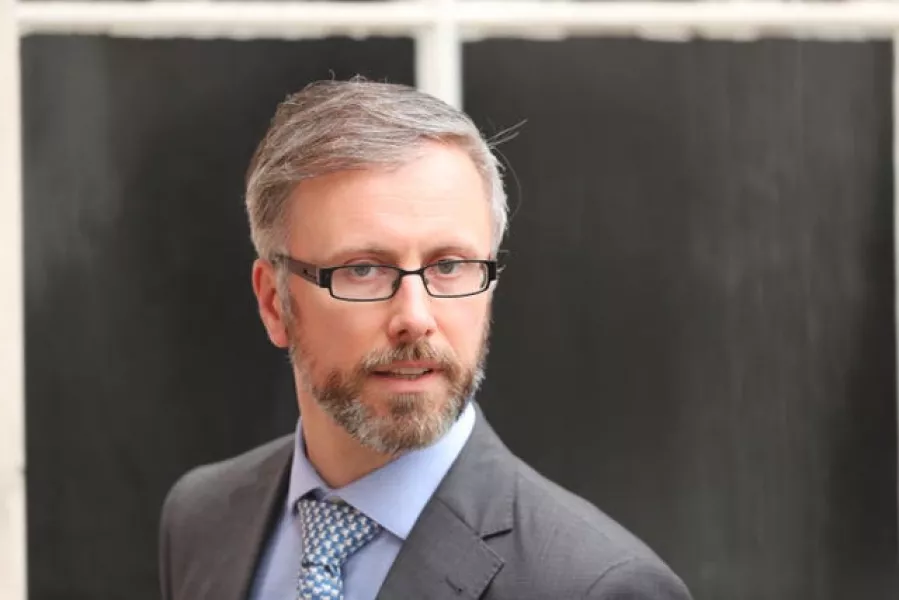
Key among them, politicians were told, is the need to provide a solution for those people whose birth certificates contain false information.
Every time a driving licence is applied for or garda vetting is carried out, politicians heard, illegal adoptees are knowingly breaking the law.
Lisa Kiernan, from the “In it Together” campaign, spoke about the experience of working in Ireland as a consequence of this situation.
Her mother, Ms Kieran said, was not simply illegally adopted.
“She was bought, sold and trafficked,” she said.
“The form of identification I gave over was false. Because my mother’s birth surname, I know, is not correct,” she said.
Chris Wallace, who was one of those searching for birth information, talked about her own birth records and the fear she had travelling back to Ireland.
“When I walked through the gates and was asked for a passport, I was like ‘This is false. What happens if I get caught?'”
False records
In it Together says that there are 1,544 false birth records known to date — far higher than the 151 estimated by the Government.
The group says that the current bill only deals with false birth registrations.
“When in fact,” Ms Wallace told the committee, “the General Register Office also holds false marriage and death certificates.”
“The use of DNA is critical in both verifying the information held in files and vital in proving identity.
“Most of the record files held by the state are either incomplete, partially or totally false, and some cannot be found.
“So in addition to making counselling available to all, the state needs to provide access to qualified genealogists to work with us to enable us to find our identity.”
Ms Kiernan said campaigners would “beg” for a DNA database to be included in the bill.
“It is imperative, as far as we are concerned, that there is some kind of database.
“Many of our group have only recently discovered they are not who they thought they were,” she said.
Alice McEvoy, who was forced to give up a child for adoption and is from the Solas for Mothers group, said she had concerns about the privacy rights for birth parents.
“We are particularly concerned with regard to any medical information on our files which may be given to adopted people and/or their relatives,” she said.
“Every citizens’ medical files are covered by GDPR. I am also concerned by our medical files being treated as ‘historical’ medical information and not our current medical information.”
She told the committee that the term “birth mother” was also offensive and shouldn’t be used in any legislation.
“Language stigmatises people,” she said.
“We didn’t give them up. We were forced to sign these papers.
“It is so important to get the terminology of the bill right,” she said.
The term “mother” would be most appropriate, Ms McEvoy told the committee.
“If the language of the bill is right, it will influence society to look at us just as we are — mothers.”
Half-truths
In the first session before the committee, survivors and campaigners repeatedly lambasted the “half-truths” on official records and documents from the homes.
Others said that the experience had led many to form a long-lasting mistrust of state institutions.
“The right to privacy has been used as a shield to prevent information getting out into the public forum,” said Rhoda McManus, from the Natural Parents Network of Ireland group (NPNI).
“It was to protect the state.”
One of the key proposals from the NPNI was a referendum to copper-fasten the primacy of information rights over privacy in the context of forced adoptions and the separation of mothers from their children.
The group has also called for the proposed legislation to be called the Family Information and Tracing Bill.
“Many people were not legally adopted but still require a tracing and information service. This is about families after all — not about ‘birth'”, a statement to committee members said.
Terri Harrison, another survivor of a mother and baby home, said: “I have gone through four ministers to date — asking, begging.”
“All we’re asking is for the humanity to rise up above political and religious views.
“We’re real humans, and I’d love to not die before my son knows that it’s OK. He doesn’t have to be afraid to come forward.
“It just goes on and on and on,” she said.
